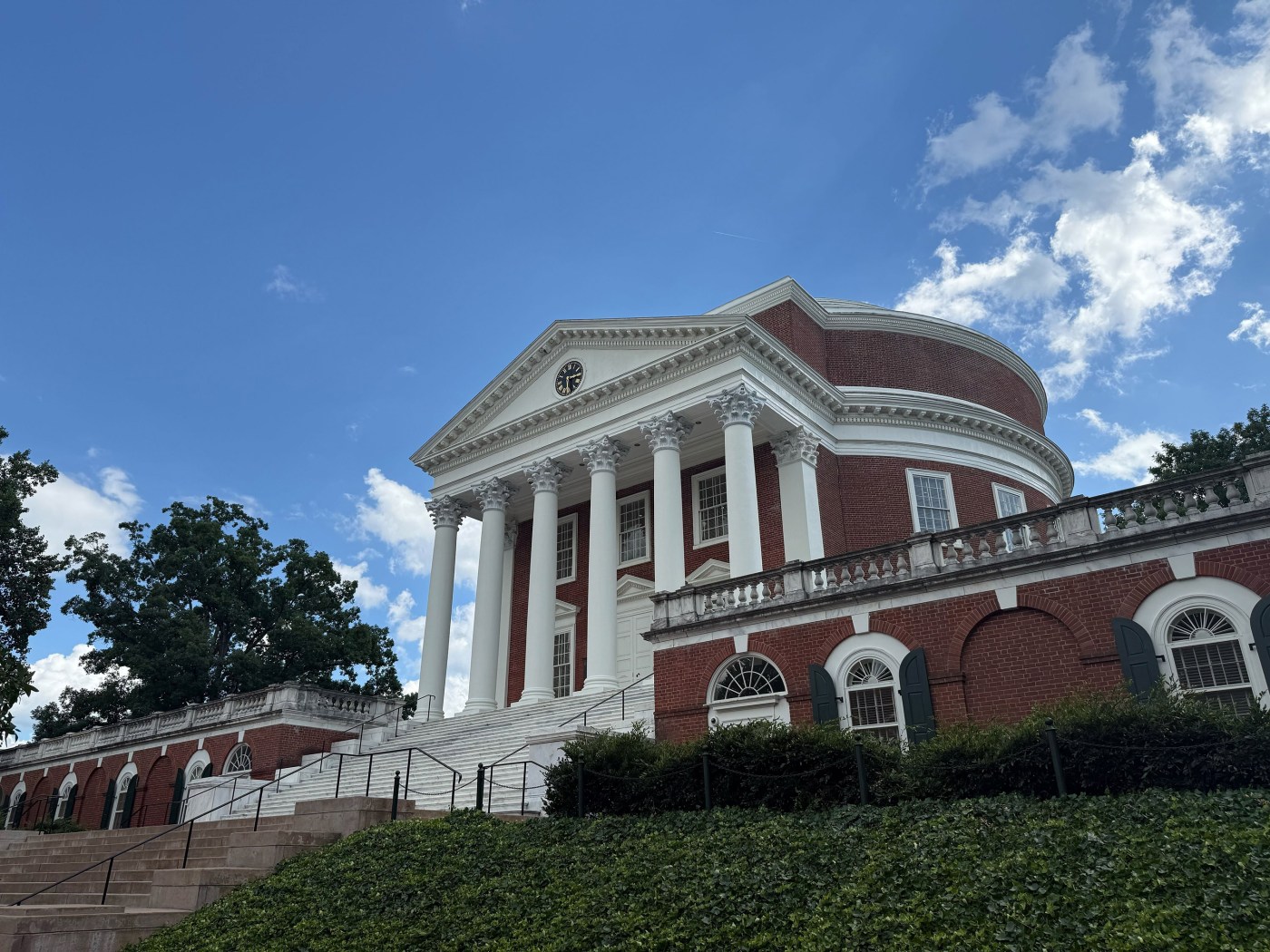As the Democratic Party looks towards the 2028 presidential election, Wes Moore, the first-term governor of Maryland, is emerging as a compelling figure who may redefine the party’s approach. Unlike many politicians who rely on loud rhetoric and divisive tactics, Moore offers a different narrative grounded in personal experience and a commitment to service.
Moore’s Unique Background and Leadership Style
Moore’s life story is marked by early adversity. The sudden death of his father during his childhood did not lead him down a path of despair; instead, it prompted deep reflections on fate and responsibility. His memoir, The Other Wes Moore, serves as a poignant exploration of how two boys with the same name, raised in similar circumstances, could end up on vastly different life trajectories. This insight informs his leadership, which is characterized by humility and a strong sense of duty.
In contrast to the typical political narrative, Moore emphasizes that leadership is more about caring for constituents than performing for an audience. He utilizes a vocabulary that includes terms like grace and responsibility, which many may find outdated in contemporary politics. Yet, these principles resonate deeply with those seeking a more empathetic approach to governance.
Policy Achievements Reflecting Moore’s Philosophy
Moore’s leadership is not merely theoretical; it manifests in tangible policy initiatives. Within his first year in office, he expanded tax credits that lifted tens of thousands of children out of poverty. This initiative is a significant commitment, aiming to change the lives of approximately 160,000 young people in Maryland.
In the realm of economic security, Moore has accelerated the state’s minimum wage to $15 per hour, two years ahead of schedule, and extended tax relief for middle-class families. These measures not only adjust the financial landscape but also elevate the dignity of work.
Moore has also made strides in criminal justice reform. His decision to pardon 175,000 individuals with marijuana-related convictions stands as one of the largest acts of clemency in Maryland’s history, highlighting his belief that mercy can indeed be a form of strength.
In addressing public safety, Moore has taken a dual approach, investing in both data-driven policing and violence prevention programs. As a result, Baltimore has seen a significant decrease in homicides, reaching the lowest levels in nearly a decade.
Further, Moore’s focus on education and workforce development underscores his belief in social mobility as a practical goal rather than a mere slogan. His record-setting investments in education reflect a commitment to creating real opportunities for Maryland residents.
On environmental issues, he has committed Maryland to achieving net-zero emissions and has actively promoted clean energy initiatives. Moore frames these policies not as divisive issues but as responsibilities for future generations.
Moreover, Moore’s efforts to expand drug affordability and improve access to abortion services position Maryland as a leader in progressive health care policies. His governance suggests a model of pragmatic progressivism that seeks to translate personal conviction into effective government action.
The Path Forward for Democrats
The Democratic Party is currently at a crossroads. The administration of Joe Biden has focused on competence and coalition-building, but concerns about aging leadership are growing. As the party prepares for the next election cycle, it will need representatives who can transcend mere slogans and embody a meaningful purpose.
While Wes Moore may not be the automatic choice for the Democratic nomination, he exemplifies a rare form of leadership. He combines personal resilience with a commitment to public service and governance grounded in humility and ambition. His life story reflects not just a personal triumph but a broader reckoning with the values of service and community.
As the landscape of American politics continues to evolve, Moore could become a prominent figure by default. He represents a serious alternative to the prevailing culture of self-promotion and performative politics. In the upcoming 2028 election, voters will be faced with a crucial choice about the kind of nation they aspire to be. Moore’s leadership may foster a renewed belief in redemption, grace, and the potential for government to act as an instrument of care.
Ultimately, while Wes Moore may not have all the answers, he embodies a profound question: What kind of country do we want to be when the cameras are off?







